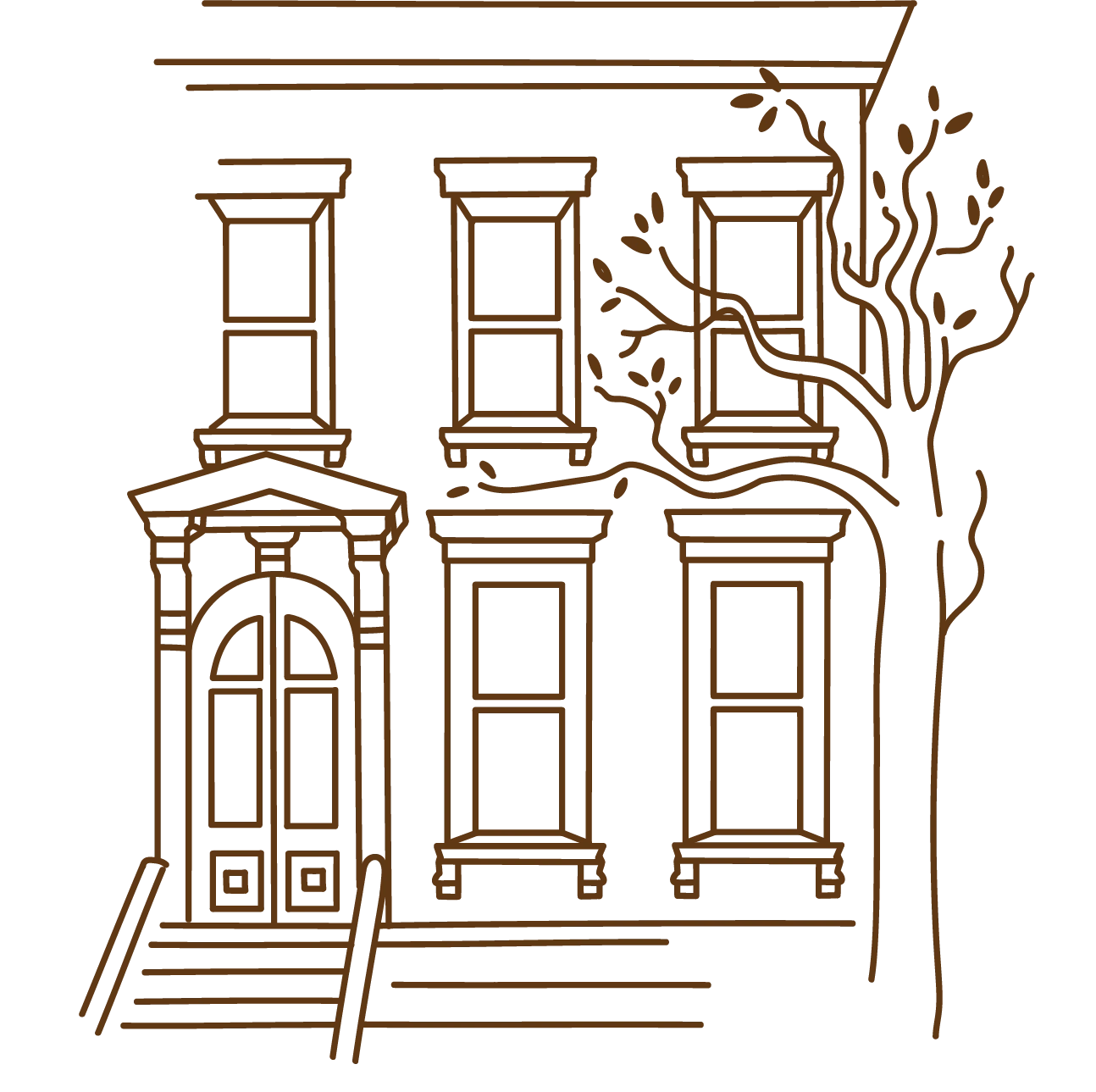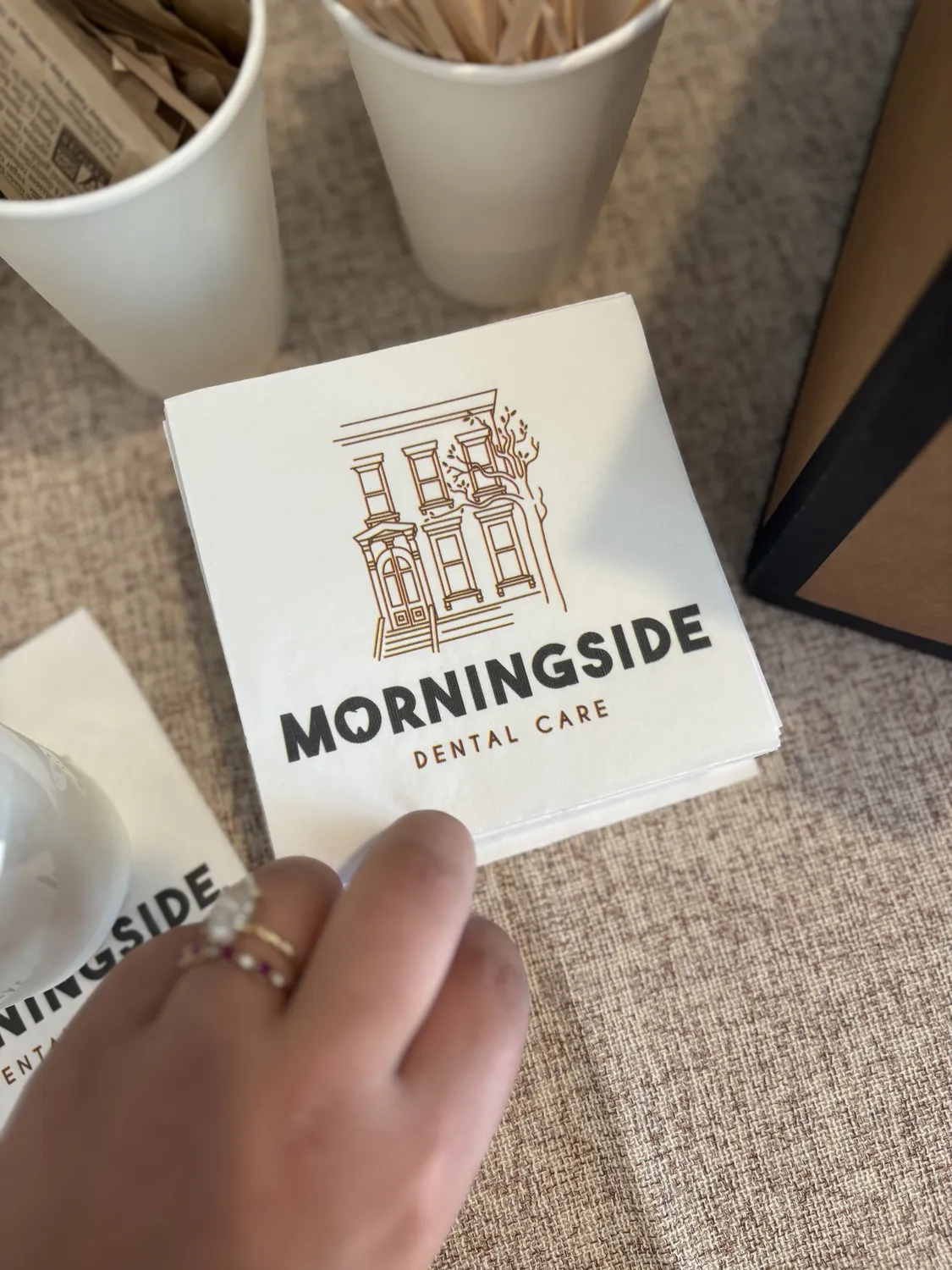Sleep apnea and poor-quality sleep can feel like chasing a pot of gold at the end of a rainbow—exhausting and elusive. For many NYC residents, the fast pace of the city adds to the challenge, making it hard to manage insomnia, stress, and sleep apnea. But here’s some lucky news: you can take steps to improve your sleep, and some of the best solutions start with your oral health.
This St. Patrick’s Day, don’t rely on luck to get better rest. Check out these five practical tips, recommended by Morningside Dental Care’s sleep apnea dentist in Manhattan, to help you wake up feeling refreshed.
1. Pay Attention to Sleep Apnea Warning Signs
First and foremost, get to know the signs of sleep apnea. While there are some obvious ones—snoring, waking up gasping for air, feeling exhausted during the day—others can be subtle. A dentist can actually be your partner in identifying additional signs of the condition:
- Dry Mouth and Its Consequences: If you have trouble breathing during sleep, you may naturally breathe through your mouth. This can dry it out, increasing your risk of bad breath and cavities. We might even notice redness in your throat from mouth breathing.
- Bruxism (Teeth Grinding): Jaw clenching and teeth grinding can go hand-in-hand with sleep apnea in some cases. Our dentist might spot bruxism if you have worn teeth, temperature sensitivity, or cracked teeth.
- Oral Anatomy: Some aspects of your mouth, such as a narrow palate, large tongue, or tonsils, could predispose you to sleep apnea. These attributes can block your airway, disrupting your sleep.
Green Guidance
If sleep apnea is common in your family, ask us to check you, as the condition can be genetic. Our sleep apnea dentist in Manhattan is well-versed in the subtler signs or related conditions
2. Explore CPAP Alternatives, Like Oral Appliances
While continuous positive airway pressure (CPAP) machines are a common treatment for sleep apnea, they’re not for everyone. These machines can be noisy, uncomfortable, and inconvenient for some users. Instead, you could find relief using custom-made oral appliances designed and fitted by the team at Morningside Dental Care.
These appliances reposition your jaw to keep your airway open while you sleep, reducing snoring and sleep interruptions. They’re comfortable, portable, and far less intrusive than traditional CPAP machines.
Green Guidance
If you’d like to explore this option, schedule a consultation with our Manhattan sleep apnea dentist. We can help determine if you’re a candidate for a CPAP alternative.
3. Practice Mindful Breathing Exercises to Reduce Stress
For many patients, stress is a significant factor in their ability to fall or stay asleep. Mindful breathing exercises, especially before bed, can help calm the nervous system, lower the heart rate, and relax the body (including the mouth and jaw) for restful sleep.
One effective exercise is the 4-7-8 method:
- Breathe in through your nose for 4 seconds.
- Hold your breath for 7 seconds.
- Exhale slowly for 8 seconds, making a soft “whoosh” sound.
- Repeat for 4 cycles.
What does this have to do with oral health? Your tongue and jaw play important roles in proper breathing, and misaligned oral structures can interfere with airflow. This makes breathing exercises and oral care a powerful duo in the fight against sleepless nights.
Green Guidance
Pair breathing techniques with a comfortable oral appliance for maximum relaxation.
4. Avoid Late-Night Snacks That Cause Acid Reflux
Eating heavy meals or acidic snacks close to bedtime can increase your risk of acid reflux, a condition that disrupts sleep and damages your teeth. Acid reflux can lead to erosion of enamel, increase tooth sensitivity and pain, and even worsen sleep apnea symptoms by narrowing the air passages.
To promote better sleep and oral health, aim to finish eating at least 2–3 hours before bedtime. Avoid acidic foods like citrus fruits, tomatoes, or spicy dishes, especially in the late evening.
Green Guidance
Drinking water or even milk after meals can help neutralize acid. If you’re often affected by acid reflux, ask our sleep apnea dentist in Manhattan about protective enamel treatments to safeguard your teeth.
5. Consult Our Manhattan Sleep Apnea Dentist
If your sleep issues persist, consulting a dedicated sleep apnea dentist in Manhattan can be life-changing. At Morningside Dental Care, we specialize in advanced, patient-centered solutions that address the root causes of sleep apnea and offer effective relief.
Through thorough evaluations and customized treatments, such as oral appliances, we can help you approach sleep apnea management in a way that fits seamlessly into your lifestyle. Sleep impacts every aspect of your life, and professional support can make all the difference in improving your physical and emotional well-being.
Green Guidance
Don’t wait while sleep issues affect your quality of life. Stay on top of your regular dental visits to increase the likelihood that we’ll catch something early.
Wake Up Rested and Recharged
Improving your sleep doesn’t have to be a dream-like St. Patrick’s Day gold—it can be your reality. By focusing on oral care, mindful habits, and professional support from our sleep apnea dentist in Manhattan, you can take control of your condition and reclaim your nights.
At Morningside Dental Care, we’re passionate about helping patients just like you sleep better and live better. Whether you’re curious about oral appliances or need personalized advice, reach out to us today. We’d love to support your sleep health journey.





